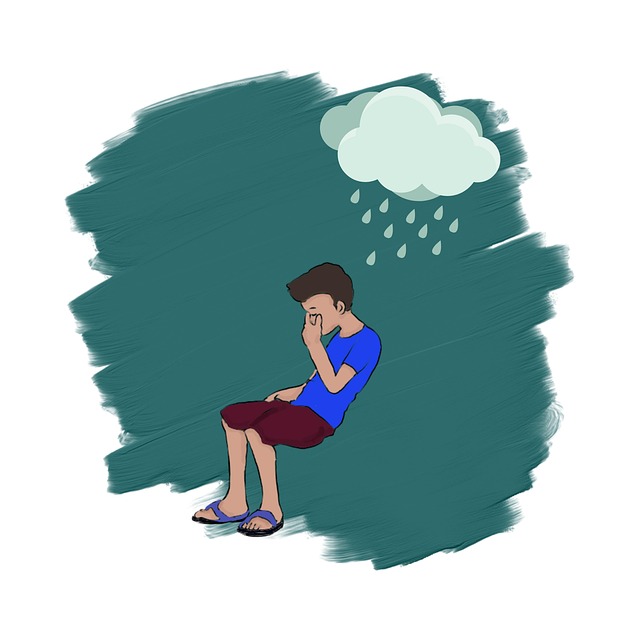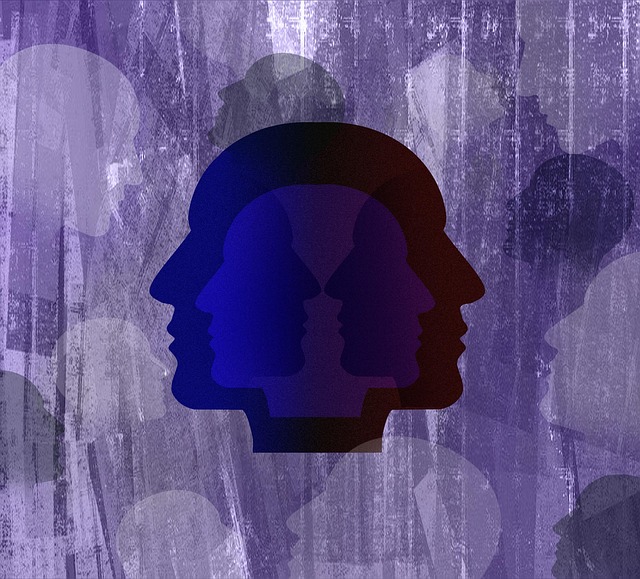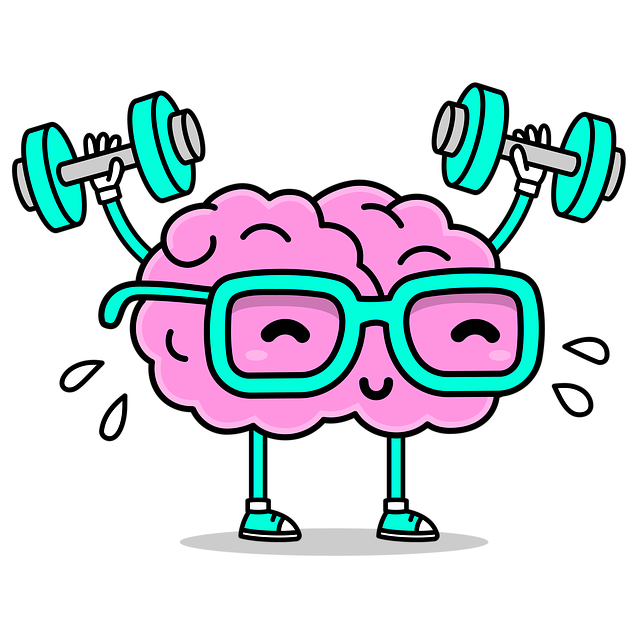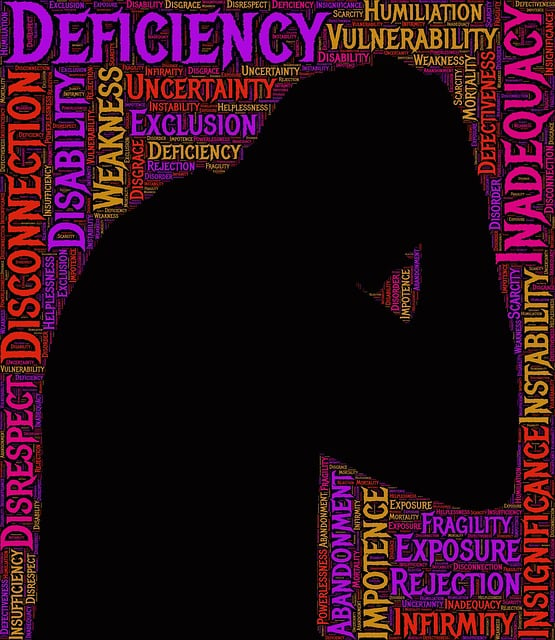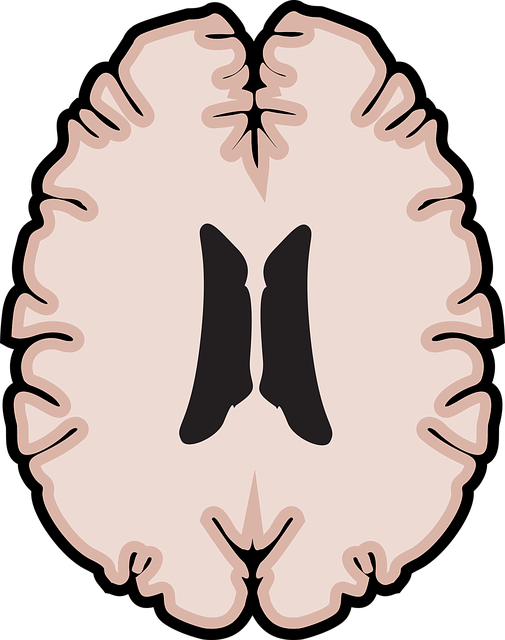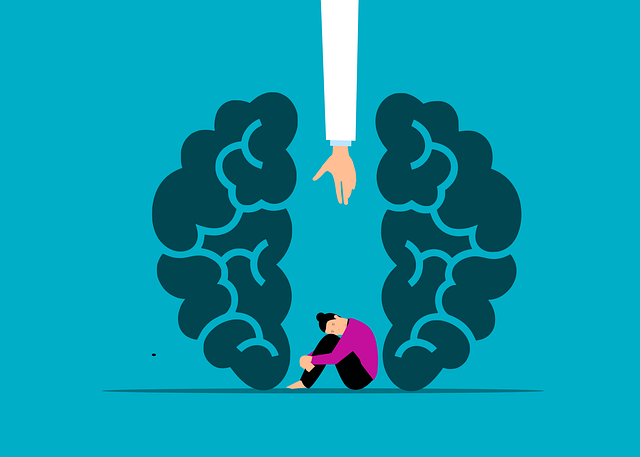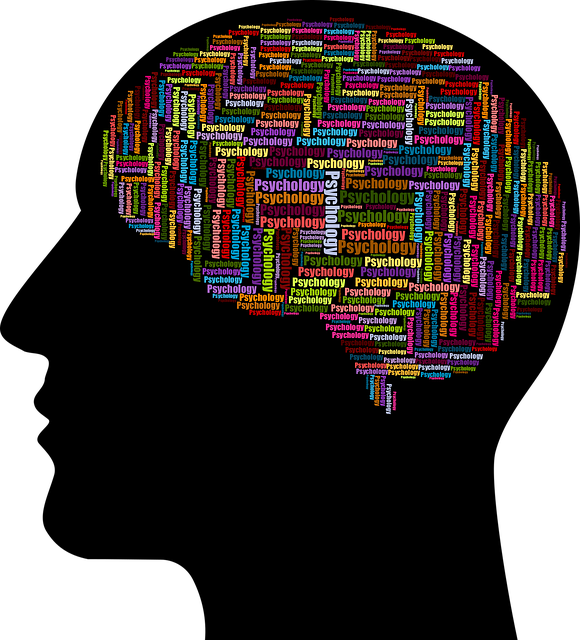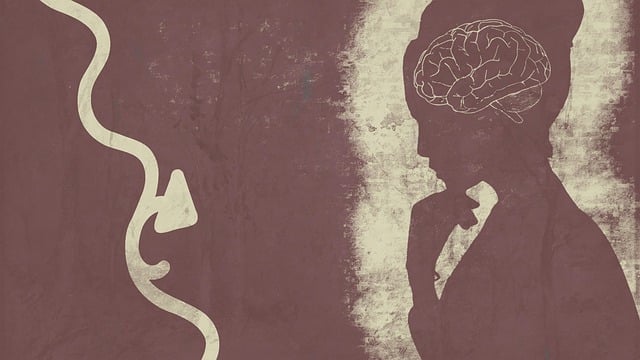In diverse Colorado Springs, cultural competency in healthcare is vital for Adolescent and Teen Therapy. It involves understanding and respecting cultural differences influencing health beliefs and behaviors, fostering trust and access to mental health services. Well-structured Mental Health Education Programs teach stress reduction tailored to various populations, empowering professionals to serve all patients effectively, including those seeking anxiety relief. Through training, therapists at Colorado Springs Adolescent and Teen Therapy build strong relationships, enhance engagement, and customize treatments to meet diverse needs, ultimately improving healthcare outcomes.
In today’s diverse healthcare landscape, cultural competency among providers is no longer a luxury but an imperative. This article explores why cultural competency training is crucial for improving patient care in communities like Colorado Springs. We examine its impact on provider-patient relationships and clinical outcomes, highlighting successful implementation at Colorado Springs Adolescent and Teen Therapy. By understanding and addressing cultural nuances, healthcare providers can foster stronger connections and deliver more effective treatment.
- Understanding Cultural Competency in Healthcare: A Need in Diverse Communities
- The Impact of Training on Provider-Patient Relationships and Outcomes
- Implementing Effective Cultural Competency Programs at Colorado Springs Adolescent and Teen Therapy
Understanding Cultural Competency in Healthcare: A Need in Diverse Communities

In diverse communities like Colorado Springs Adolescent and Teen Therapy serves, understanding cultural competency in healthcare is paramount. It involves recognizing and appreciating the cultural differences that shape individuals’ health beliefs, behaviors, and interactions with medical services. Given the growing diversity within these communities, healthcare providers must be equipped to offer culturally sensitive care that respects and embraces varied backgrounds, customs, and perspectives.
This need is underscored by the impact of cultural barriers on mental health. Inadequate cultural competency can lead to miscommunication, mistrust, and even avoidance of healthcare services among marginalized groups. Well-designed Mental Health Education Programs can address these challenges by teaching providers stress reduction methods tailored to diverse populations. By integrating these programs into training curricula, healthcare professionals in Colorado Springs can better serve all patients, ensuring that everyone receives the compassionate, effective care they deserve, including those seeking anxiety relief.
The Impact of Training on Provider-Patient Relationships and Outcomes

Cultural competency training is a game-changer when it comes to strengthening the bond between healthcare providers and their patients, especially in diverse communities like Colorado Springs Adolescent and Teen Therapy. By equipping professionals with the skills to understand and appreciate cultural differences, these programs foster an environment of trust and empathy. This, in turn, leads to improved patient engagement and satisfaction. For adolescents struggling with mental health issues, building a solid rapport with their therapists is crucial for open communication about sensitive topics like mood management and stress reduction methods.
The benefits extend beyond the individual level; community outreach program implementation can positively influence overall healthcare outcomes. When providers are culturally competent, they can better tailor treatments to meet the unique needs of various patient populations. This personalized approach may lead to more successful treatment results, such as reduced symptoms and improved quality of life. For instance, a therapist trained in cultural sensitivity might employ specific communication strategies or adapt therapeutic techniques based on a patient’s cultural background, making therapy more effective for that individual.
Implementing Effective Cultural Competency Programs at Colorado Springs Adolescent and Teen Therapy

At Colorado Springs Adolescent and Teen Therapy, implementing effective cultural competency programs is a top priority to ensure tailored, compassionate care for our diverse client base. By integrating cultural sensitivity training into therapy sessions, we empower our providers to create safe spaces where young individuals from various backgrounds feel understood and supported. This approach not only fosters stronger therapeutic alliances but also enhances our ability to address specific challenges like depression prevention and resilience building.
Through ongoing education, therapists gain insights into the unique cultural contexts of their clients, enabling them to adapt self-care routine development strategies for better mental health outcomes. By embracing cultural competency, Colorado Springs Adolescent and Teen Therapy strives to be a beacon of hope and healing, offering evidence-based interventions that resonate with every teenager we serve.
Cultural competency training is a game-changer in healthcare, especially in diverse communities like Colorado Springs. As previously mentioned, implementing programs focused on understanding and respecting various cultural backgrounds can significantly enhance provider-patient relationships. The case study of Colorado Springs Adolescent and Teen Therapy demonstrates that such training leads to improved patient outcomes and a more inclusive healthcare environment. In light of these findings, it’s essential for healthcare providers to prioritize cultural competency education, ensuring they can navigate the unique needs of their diverse patient populations effectively.
